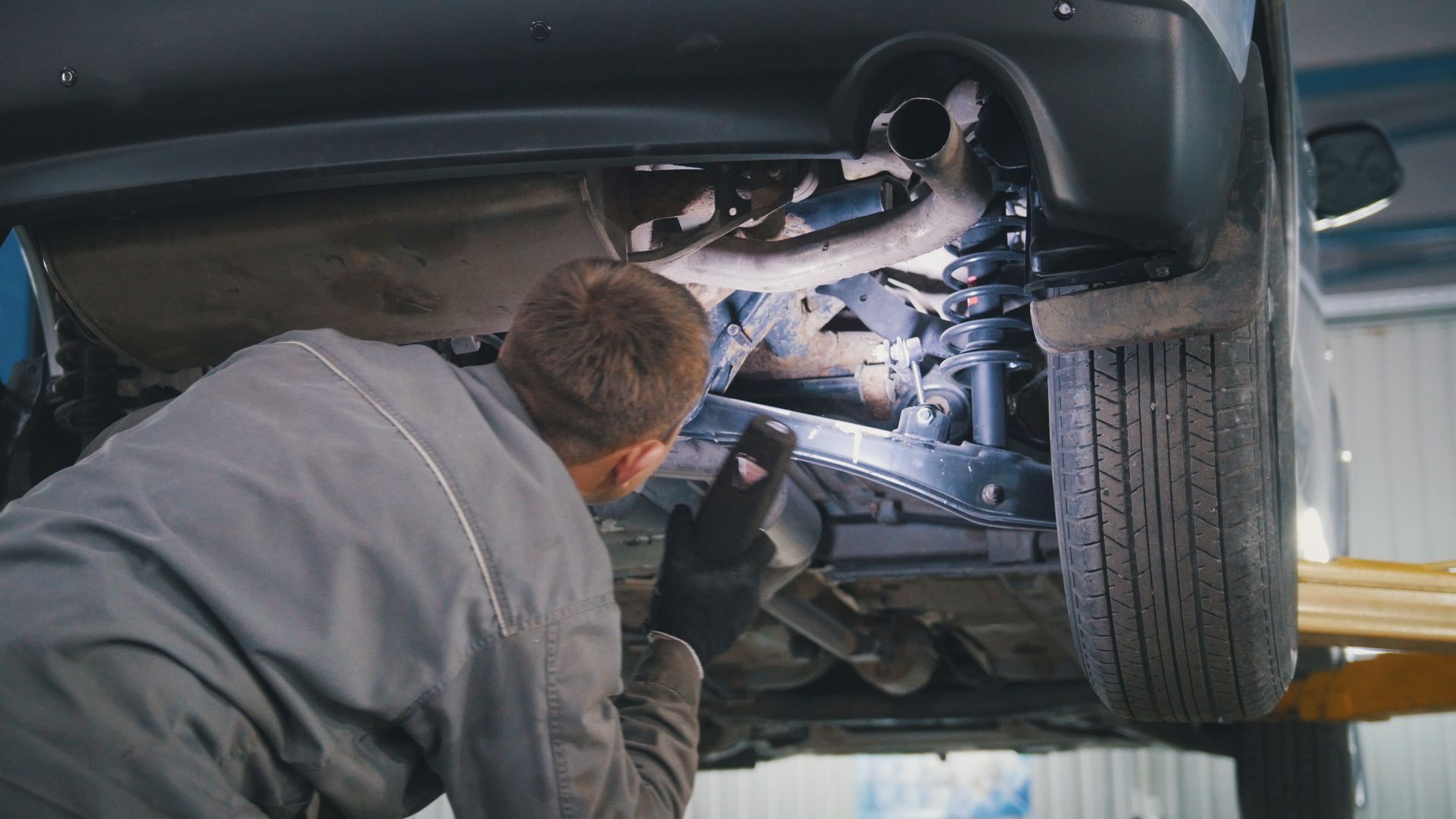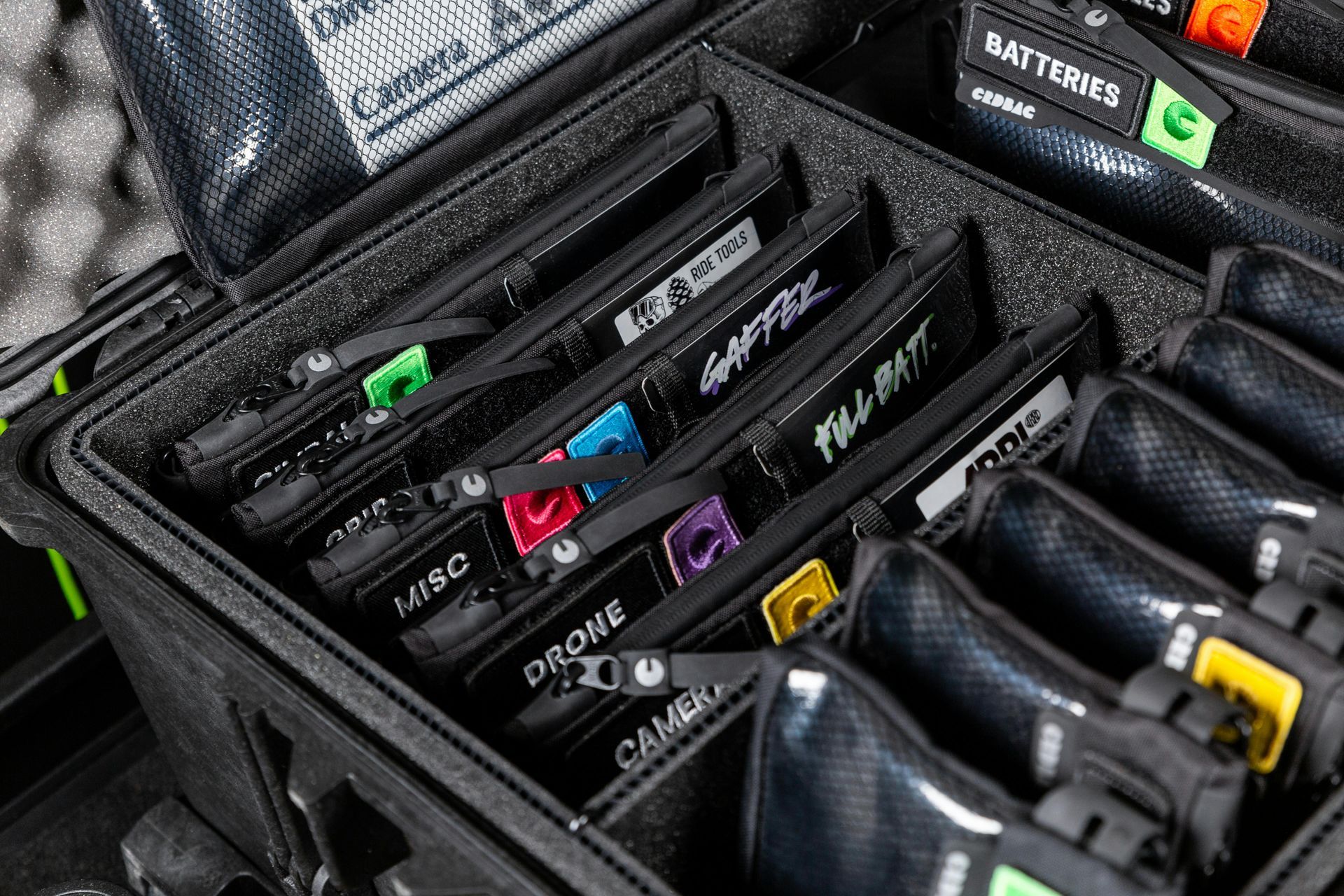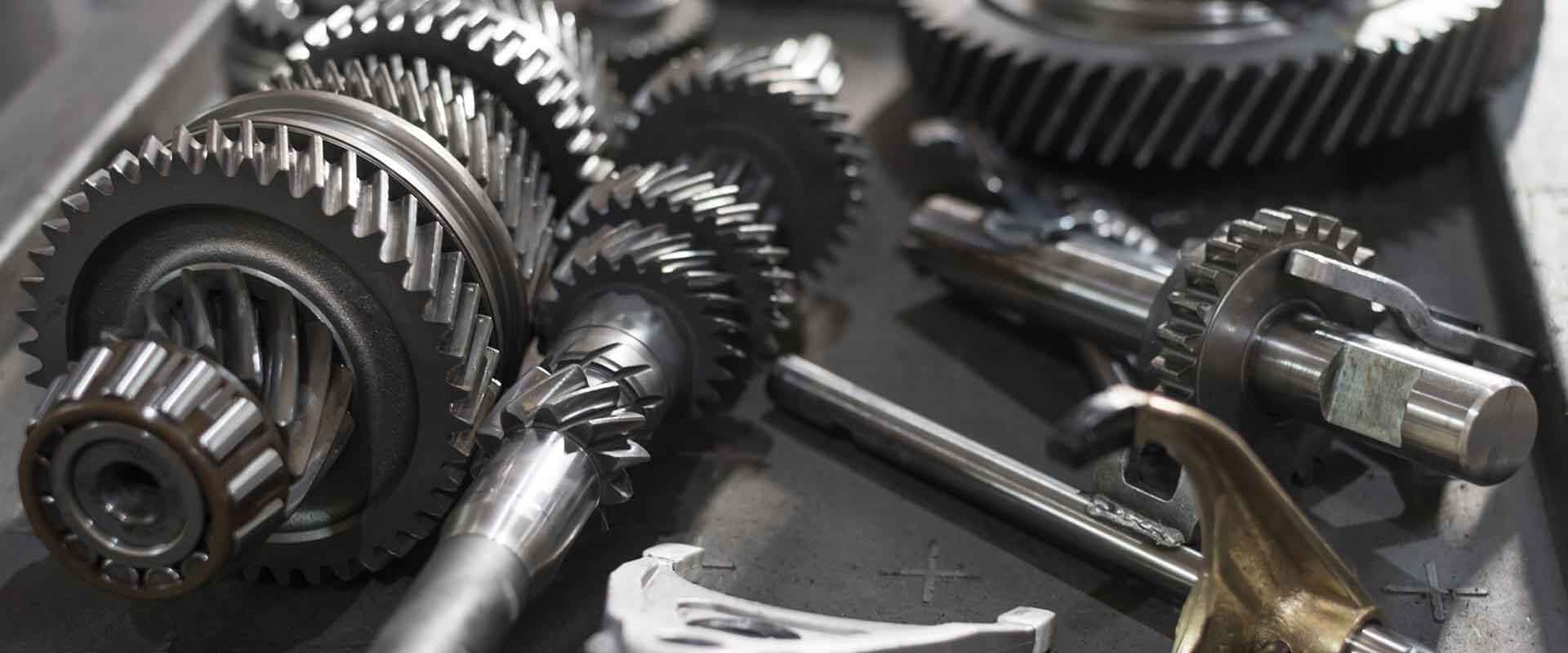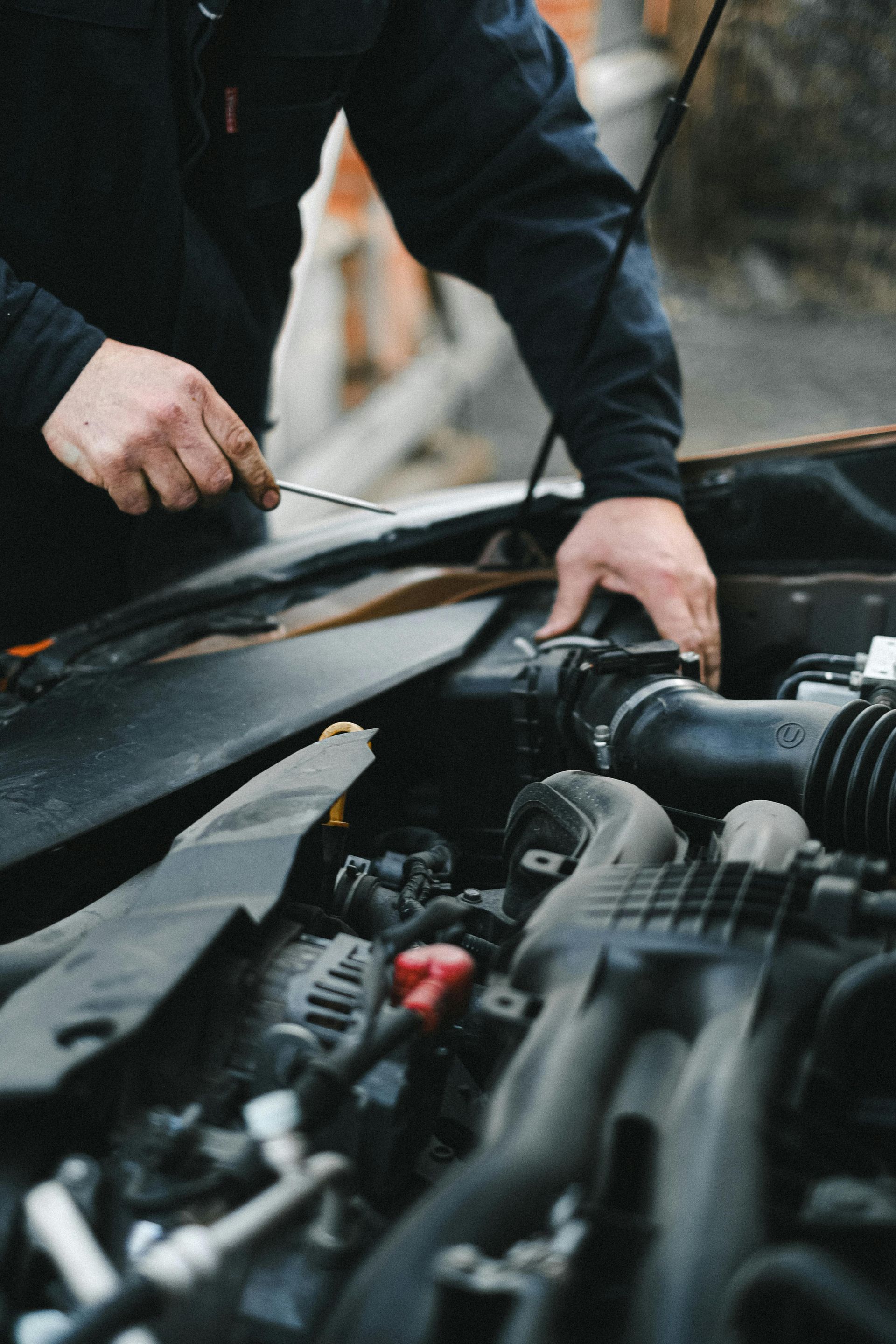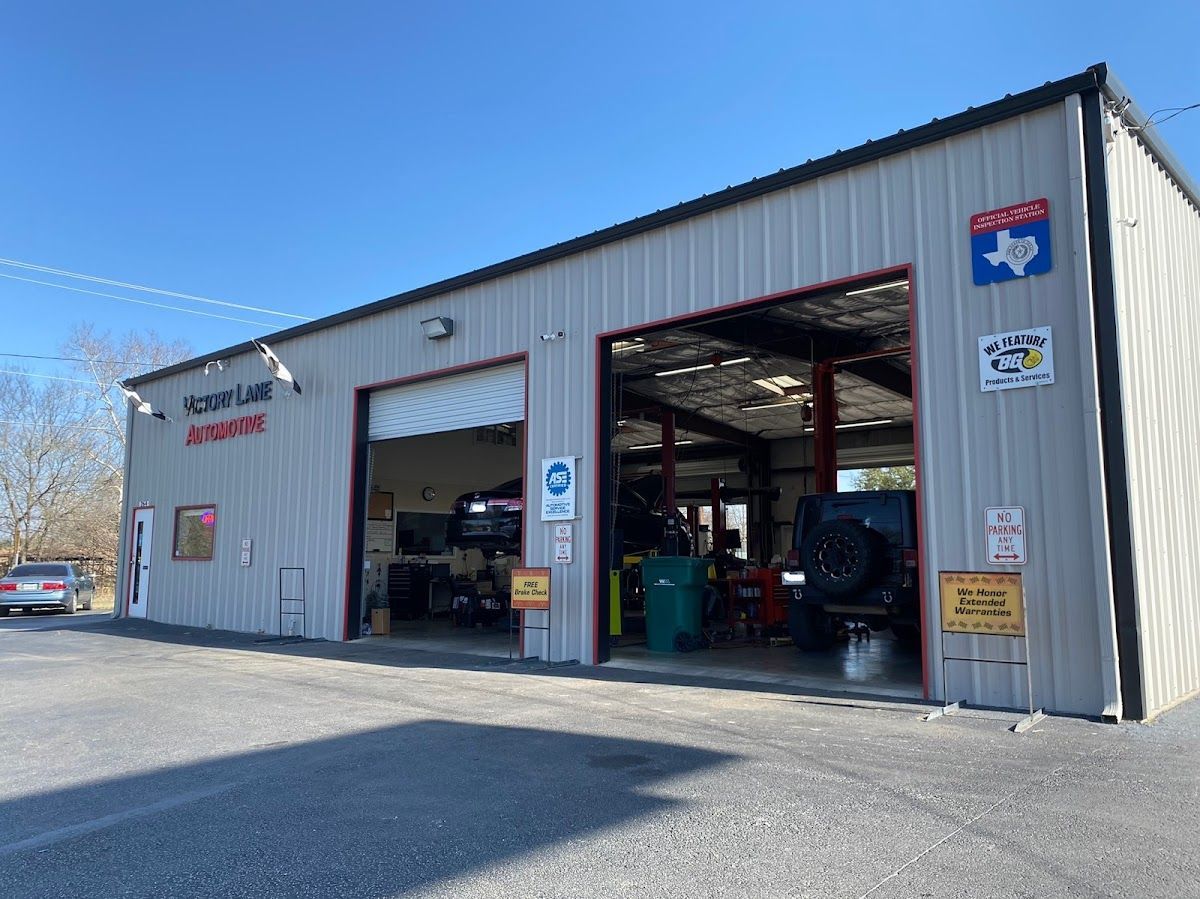Oil change near me
Oil change near me
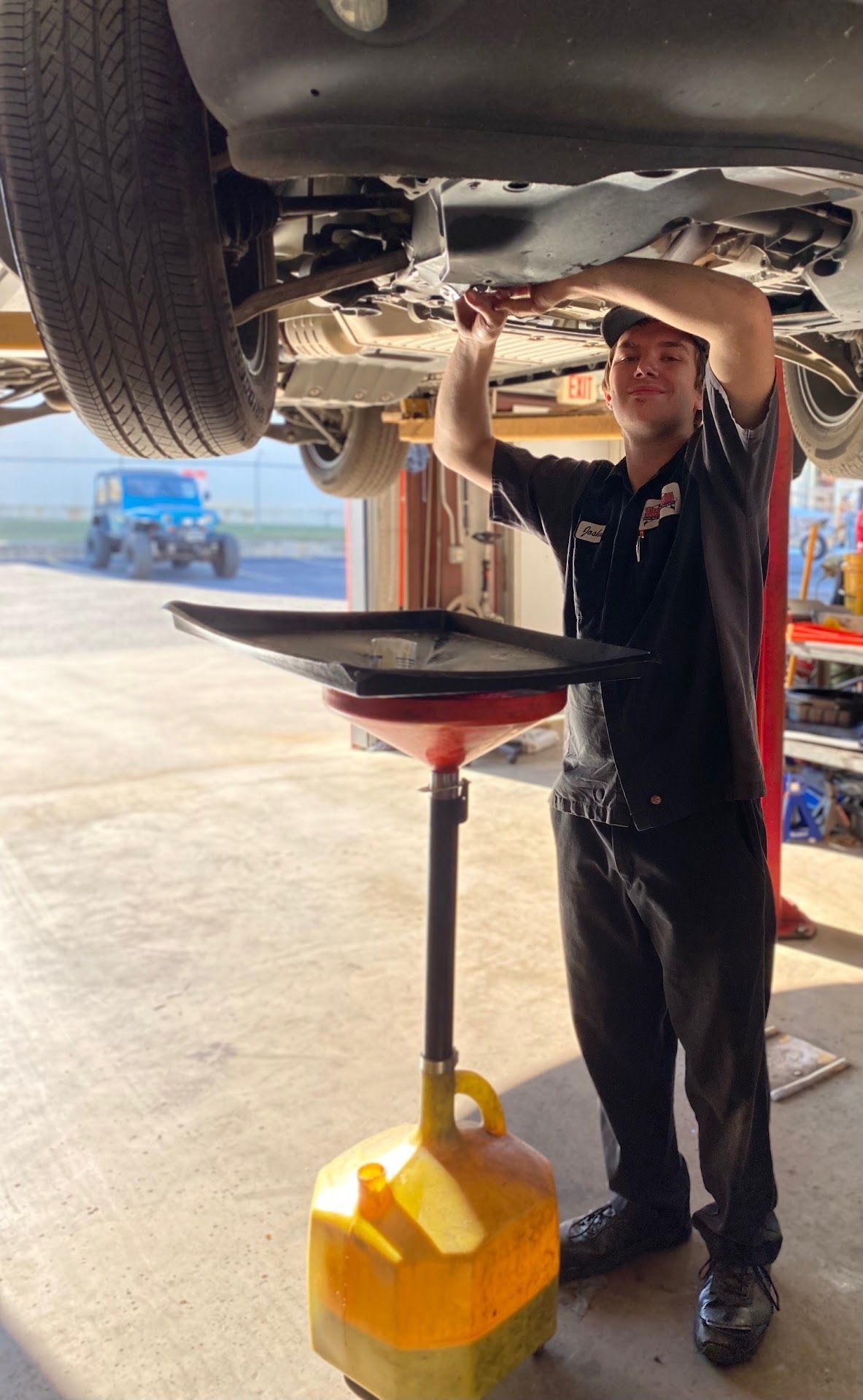
Oil Change Near Me: A Complete Guide to Finding the Best Service
Introduction
Regular oil changes are crucial for keeping your vehicle's engine running smoothly. If you're searching for an "oil change near me," this comprehensive guide will walk you through everything you need to know—from understanding the types of oil services, what to expect during a visit, and how to find the best oil change shops in your area. Whether you drive a car, truck, or SUV, this post will help you find the right place for your next oil change.
Why Regular Oil Changes Matter
Your engine relies on clean, well-lubricated oil to reduce friction and protect its components. Over time, oil degrades and accumulates dirt and contaminants. Failing to replace it regularly can result in:
- Decreased engine performance: Dirty oil makes it harder for the engine to function efficiently.
- Engine overheating: Oil loses its ability to absorb heat, increasing the risk of overheating.
- Premature wear and tear: Parts may grind together, leading to costly repairs.
- Reduced fuel efficiency: Dirty oil increases engine strain, causing it to consume more fuel.
By staying consistent with oil changes, you extend your vehicle’s lifespan, enhance its performance, and minimize future expenses.
How Often Should You Change Your Oil?
The general recommendation for most vehicles is an oil change every 3,000 to 5,000 miles.
- Driving habits: Frequent short trips or stop-and-go traffic cause oil to break down faster.
- Weather conditions: Extreme heat or cold can impact oil quality.
- Vehicle age: Older engines may require more frequent oil changes.
- Towing or hauling: Heavy loads place extra stress on the engine, accelerating oil degradation.
Types of Oil Used in Oil Changes
When scheduling an oil change, it's essential to understand the different types of motor oil available:
- Conventional Oil
- Basic, affordable option.
- Suitable for older vehicles or those with simple engines.
- Requires more frequent changes (around every 3,000 miles).
- Synthetic Oil
- High-performance oil that lasts longer (5000 miles).
- Better protection against extreme temperatures.
- Recommended for newer or high-performance vehicles.
- Synthetic Blend
- A mix of conventional and synthetic oils.
- Offers a balance of affordability and performance.
- Ideal for vehicles that need extra protection but don't require full synthetic oil.
- High-Mileage Oil
- Designed for vehicles with 75,000+ miles.
- Contains additives to reduce leaks and minimize engine wear.
- Helps maintain engine health in older cars.
What Happens During an Oil Change?
When you take your vehicle to an oil change service, here’s what typically happens:
- Draining the Old Oil
- The technician will raise the car and remove the drain plug, allowing the old oil to drain out.
- Replacing the Oil Filter
- A new oil filter is installed to prevent contaminants from circulating in the engine.
- Adding New Oil
- The technician will fill the engine with the appropriate amount and type of fresh oil.
- Checking Other Fluids and Components
- Many shops offer complimentary checks on other fluids (like coolant and transmission fluid) and inspect belts, hoses, and tire pressure.
- Resetting the Oil Change Indicator
- For vehicles with oil monitoring systems, the technician will reset the indicator to remind you when the next service is due.
Finding the Best Oil Change Near Me
If you're searching for an "oil change near me," consider these tips to find a reliable shop:
1. Read Customer Reviews
Look for oil change shops with high customer ratings on platforms like Google, Yelp, and Facebook. Reviews provide insight into the quality of service, wait times, and pricing.
2. Check for Certifications
Choose a service center with certified technicians, such as ASE (Automotive Service Excellence) certified mechanics. This ensures the staff has the expertise to handle your vehicle properly.
Signs That You Need an Oil Change Now
If you can’t remember the last time you changed your oil, watch out for these warning signs:
- Dashboard warning light: Many cars have an oil change indicator that alerts you when it’s time.
- Dark or dirty oil: Check the oil dipstick; if the oil is black or gritty, it’s time for a change.
- Engine noises: Increased friction from old oil can cause knocking or ticking sounds.
- Exhaust smoke: If you notice smoke from the exhaust, it could indicate that the oil is burning inside the engine.
- Reduced fuel efficiency: A sudden drop in gas mileage may be linked to old or degraded oil.
How Much Should an Oil Change Cost?
The cost of an oil change varies depending on the type of oil and location: It also has to do with the quality of technicians and how many other items on your vehicle that the shop is going to inspect while doing your lube, oil and filter change.
If the shop is looking over your suspension, tires, engine compartment, all of your other fluids and their conditions, and just checking to make sure that your car is in great overall shape. Then the price should be significantly higher than a quick lube shop.
Additional fees may apply for larger vehicles or if extra quarts of oil are needed.
DIY Oil Change: Should You Do It Yourself?
Changing your oil at home can save money, but it requires time, tools, and some mechanical know-how. Here’s what you need:
- A jack and jack stands to lift the car.
- A wrench to remove the drain plug.
- A new oil filter and the correct type of oil for your car.
- An oil pan to catch the old oil and a funnel for adding new oil.
If you’re comfortable working under your car and disposing of old oil properly, a DIY oil change can be rewarding. However, for convenience and thorough inspection, professional services are often the better option. Don’t forget you then need to dispose of your old oil responsibly.
Conclusion
Finding the right "oil change near me" is about more than just convenience—it’s about ensuring your car gets the care it needs to perform at its best. Regular oil changes are essential for maintaining your engine, improving fuel economy, and avoiding expensive repairs down the road. With a variety of service providers and options available, you can choose the one that fits your budget and schedule.
Take the time to research and select a reputable service center. Your vehicle will thank you with smoother rides, better performance, and peace of mind on the road!




